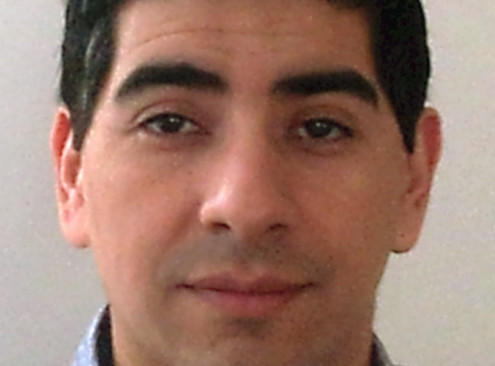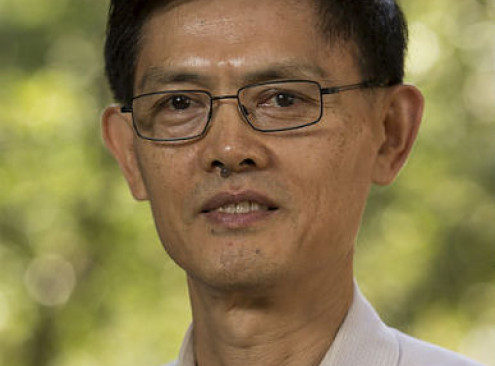© Pint of Science, 2025. All rights reserved.
**Reserve tickets have all been booked, but rush tickets will be available at the door**
Gangnam Style in Microbiorobotics
Dr. Minjun Kim
(Microbiorobotics)
Magnetically controlled microswimmers with the simplest possible body structures were shown to swim at small scale. A microswimmer consists of three magnetic micro-particles conjugated through chemistry and magnetic self-assembly. A magnetic control system was used to control the microswimmers. Both directional and velocity control were implemented to navigate the swimmers through liquid environment. The implication of the swimming phenomenon and the robust control demonstrated herein serves as great potential for therapeutic targeting and minimally invasive surgical procedures.

Neurobiology of Cocaine Addiction
Dr. Rodrigo España
(Neuroscience of Addiction)
Evidence indicates that cocaine exerts its effects via actions on dopamine circuitry. Nevertheless, therapies designed to directly target dopamine systems have proven to be ineffective. No pharmacotherapies have been approved for the treatment of cocaine addiction. We have embarked on a series of behavioral and neurochemical studies that demonstrate that specific neuropeptides exert unique effects on dopamine signaling and influence cocaine-associated behavior. Ongoing studies are geared toward establishing whether neuropeptides could be used as a pharmacotherapy for drug addiction.

Scientist and the Society
Dr. Xiaoxing Xi
(Material Science and Superconductors)
What happened to me hours after my Pint of Science talk last year in University City was beyond anybody’s expectation. I was arrested by armed FBI agents and charged for crimes that could bring me 80 years in prison and $1 million in fines. The charges were dropped months later because they were proven not true. I was engaged in normal scientific collaborations with colleagues in China as countless other academics do every day. This experience taught me that scientists cannot avoid being pulled into political vortices and should actively participate in the democratic process of this country.

Rethinking pain: How exercise may change the way we treat neuropathic pain and spinal cord injury
Dr. Megan Detloff
(Research Instructor)
Millions of people around the world suffer from chronic pain, yet current available therapies are not only inadequate and have contributed to the heroin epidemic plaguing our nation. We aim to understand how and when exercise can modulate the molecular underpinnings that contribute to the development of chronic pain after spinal cord injury. Exercise when initiated early, but not late after spinal cord injury, directly affects pain neurons by causing changes in their connections and signaling. Through this work we hope to identify an effective non-addictive method to modulate pain.

Map data © OpenStreetMap contributors.